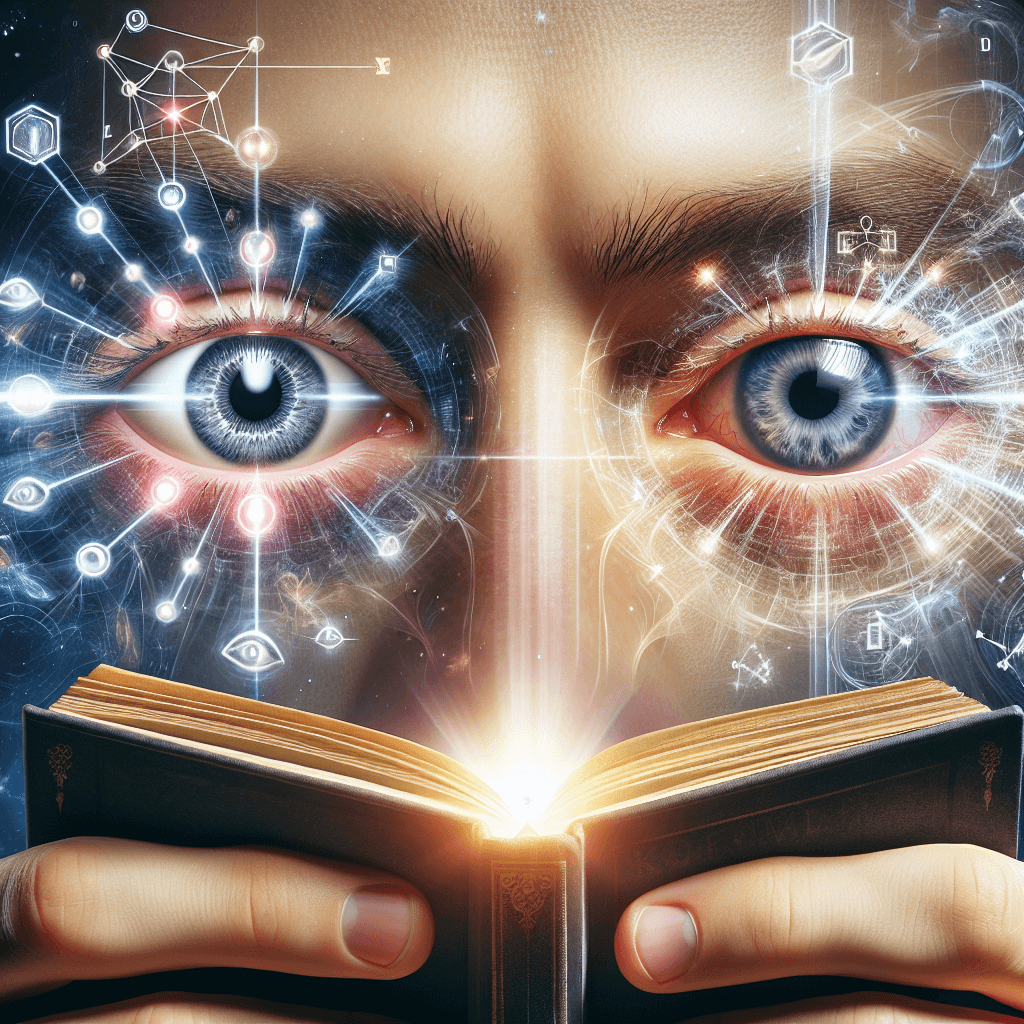Why does squinting your eyes actually help you see more clearly
It’s not just a funny face—discover the surprising optical trick your body uses to transform your eyes into a pinhole camera, bringing a blurry world into sharp focus.


Too Long; Didn't Read
Squinting makes the opening for light smaller, creating a pinhole effect. This blocks scattered, out-of-focus light rays and helps focus the light that does get in more directly onto your retina, making the image temporarily sharper.
Blog Post Title: Clear Vision in a Pinch: Why Does Squinting Your Eyes Actually Help You See More Clearly?
You’re trying to read a distant street sign or make out the score of the game on a TV across the room. Without thinking, you narrow your eyes, and suddenly, the blurry letters snap into sharper focus. This instinctive act of squinting is a universal human experience, but have you ever stopped to wonder why this simple facial contortion has such an immediate effect on your vision? It’s not just a strange habit; it’s a fascinating, real-time application of physics. This post will explore the science behind why squinting works, what it reveals about your eye health, and why it’s a temporary trick, not a long-term solution.
The Physics of Focus: Introducing the Pinhole Effect
The secret to squinting’s success lies in a simple principle of optics known as the pinhole effect. To understand this, think of how a camera works. To bring a subject into sharp focus, a camera adjusts its aperture—the opening that lets light in. A smaller aperture increases the "depth of field," meaning more of the scene, both near and far, appears sharp.
When you squint, you are doing the exact same thing with your eyelids. You are creating a smaller, more focused opening for light to enter your eye. Here’s why that helps:
- It Blocks Scattered Light: In an eye with perfect vision, light rays enter through the cornea and lens and converge at a single, precise focal point on the retina. However, if you have a refractive error (like nearsightedness or farsightedness), these light rays don't focus correctly, causing them to land on the retina as a blurry circle.
- It Focuses the Light Beam: Squinting physically blocks the most scattered, out-of-focus light rays coming from the periphery. It only allows a narrow, central beam of light to pass through. This smaller, more direct beam of light doesn't need to be bent as much by your eye's lens to land correctly on the retina, resulting in a clearer, sharper image.
Squinting as a Temporary Fix for Blurry Vision
Squinting is often an unconscious response to an underlying and uncorrected refractive error. It’s your brain’s clever way of trying to compensate for blurry vision.
Nearsightedness, Farsightedness, and Astigmatism
For individuals with common vision problems, squinting provides a noticeable, albeit temporary, improvement.
- Myopia (Nearsightedness): In a nearsighted eye, light focuses in front of the retina. Squinting helps by narrowing the beam of light, which increases the depth of focus and helps push the focal point back onto the retina.
- Hyperopia (Farsightedness): In a farsighted eye, light focuses behind the retina. Again, the increased depth of field created by squinting makes it easier for the eye’s natural lens to pull the focal point forward onto the retina.
- Astigmatism: This condition is caused by an irregularly shaped cornea, which results in light focusing on multiple points instead of one. Squinting can partially block light rays entering from the more distorted parts of the cornea, reducing the overall blur.
More Than Just a Wrinkle Risk: The Problem with Chronic Squinting
While squinting is a handy biological trick, relying on it is a clear sign that something is amiss with your vision. If you find yourself squinting frequently to see clearly, it’s your body’s way of telling you that your eyes are working overtime to focus.
Constantly forcing the muscles around your eyes to contract can lead to uncomfortable side effects like eye strain, fatigue, and tension headaches. Furthermore, it is a primary symptom of an uncorrected vision problem that could be easily solved with corrective lenses. While the concern about developing "crow's feet" wrinkles from habitual squinting is real, the more important message is the underlying need for an eye exam.
Conclusion
The next time you instinctively squint to bring the world into focus, you can appreciate the clever physics at play. By creating a personal pinhole camera with your eyelids, you are manually controlling the light entering your eye to produce a sharper image on your retina. However, it's crucial to remember that this is a temporary fix, not a cure. Squinting is a clear symptom that your eyes are struggling. If you find yourself doing it often, don't just rely on this quick fix. Schedule a visit with an eye care professional to get a proper diagnosis and a long-term solution, like glasses or contact lenses, for consistently clear and comfortable vision.


